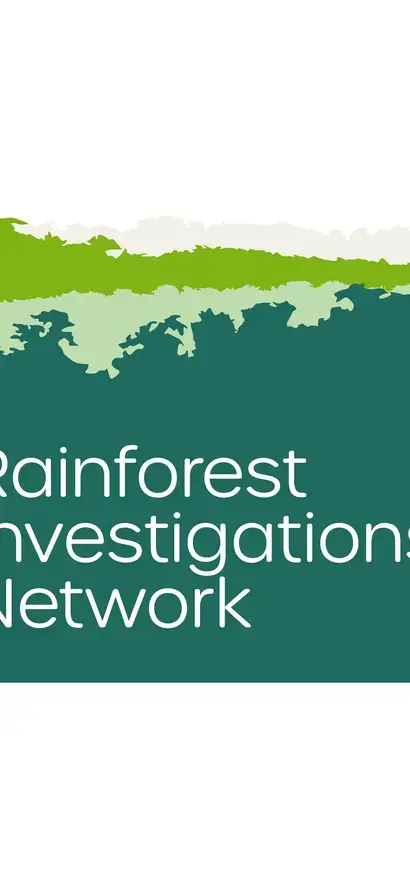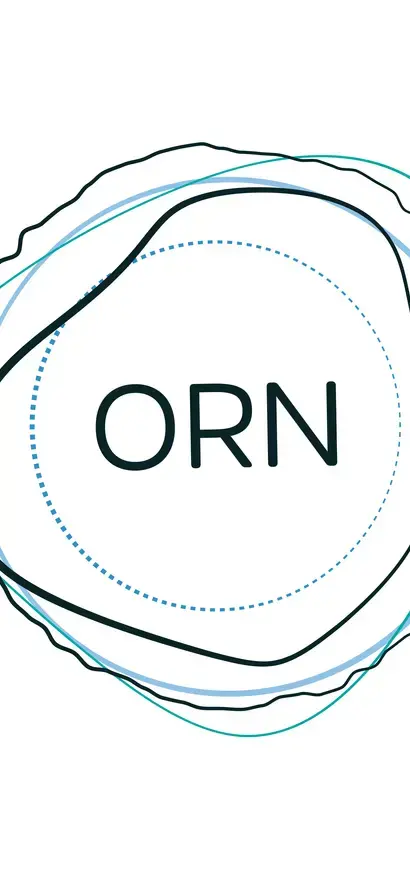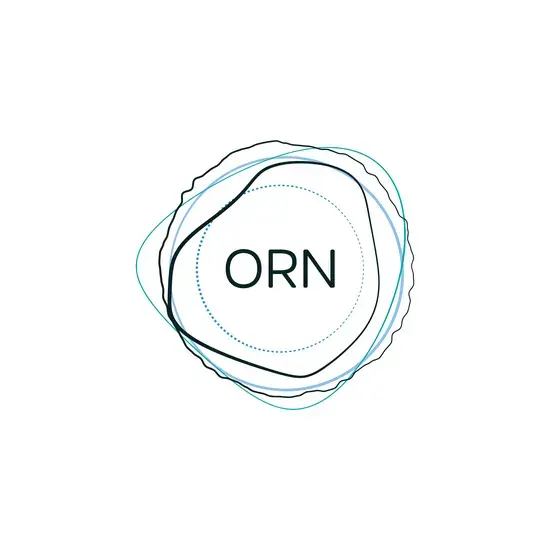The Pulitzer Center provides dedicated editorial, data, research, and financial support and training to allow the Fellow to produce the best possible story for your outlet.
WHAT DOES ‘HOSTING A FELLOW’ IN MY NEWSROOM MEAN?
Journalists require the support of a newsroom/outlet to apply for a Fellowship with one of the Pulitzer Center’s reporting networks. Fellows will either be staff members or a freelancer whom you agree to “host.”
Over 12 months, the Pulitzer Center will provide dedicated editorial, data, research, and financial support and training to allow the Fellow to produce the best possible story for your outlet. In return, we expect your commitment to giving the journalist the time, space, and support for in-depth or investigative reporting, as detailed below.
When a Fellow is chosen with your support, you will have the opportunity to meet with the relevant editors to discuss the arrangements. These would then be built into a contract/memorandum of understanding (MOU) that will be signed between the Pulitzer Center and the newsroom.

WHAT DOES MY NEWSROOM AND PUBLICATION GET FROM THIS FELLOWSHIP?
- An experienced freelance reporter to contribute stories OR time for your staff to pursue a story they’ve always wanted the time and money to follow. Either will be paid a full-time, competitive salary/stipend by the Pulitzer Center.
- A budget for reporting expenses for 12 months, which can be managed by the newsroom or the journalists themselves. This could include flight tickets, fuel, consultants, photographers, lawyers, and data analysis—but must support the project and not be used for general newsroom operations.
- Investigative or in-depth stories for a whole year, with the quantity and frequency of publishing to be agreed between us. All stories will be republished on the Center’s website. You own the IP and grant the Pulitzer Center permission to republish the story on its website for educational purposes.
- To be part of an international collaborative network and team up on stories, investigations, or publishing.
- Full editorial independence. We can support the story and offer advice, but you have final say on the story.
- The Fellow and your colleagues can take part in a yearlong program of specialized training— i.e., corporate follow-the-money research, satellite imagery, data scraping/capacity-building on ocean topics such as deep-sea mining, professional development such as managing stress, and public speaking.
- The chance to hear about and share best-practice from previous Fellows and other journalists within the network.
- Support from our Data and Research teams, which provide help with, for example, data collection, analysis, and visualization; finding documents; tracking money, supply chains, and assets; etc.
- Access to databases including Sayari (corporate), MarineTraffic (vessel tracking), Panjiva (import and export), and LexisNexis (business and legal news), as well as help from partners at data-collection organizations Global Fishing Watch, Earth Genome, OCCRP, among others.
- The opportunity to work with the Pulitzer Center’s Engagement team. Fellows will have the support of Education and Outreach coordinators in our regional hubs who will identify the best ways to amplify the reporting and sharing the stories.

WHAT DO THE NEWSROOMS NEED TO DO?
- Provide a letter of support for the Fellow to submit with his or her application, with the name of an editor and your outlet.
- Reach out to any journalist you might want to support or encourage to apply. But bear in mind that we tend not to accept two Fellows from the same outlet. Support for a second journalist could come from the reporting expenses, but would leave less money for other expenses.
- Provide a dedicated editor over the course of a year who can support the Fellow and help them deliver their project, according to your timelines and resources. The aim is to publish all stories by the 10th month of the Fellowship.
- Editing/subbing of the Fellow’s work, according to your house style, etc.
- Legal checking of stories where possible. Your publication/outlet agrees to take full legal responsibility for publishing/broadcasting the story. Full terms are detailed in the contract.
- In-house photo, video, audio, or data visualization design and support where relevant/possible.
- Be responsible for the safety and well-being of the Fellow and any contributors during field trips/reporting. When you identify that there are risks, you need to carry out a risk assessment and take measures to mitigate these risks.
- Provide visible crediting in line with our requirements for each story publishing as part of the Fellowship, for example: “This [story/series/video/film/work/exhibit, etc.] was produced in partnership with the Pulitzer Center’s Ocean Reporting Network.” For every prominent piece of crediting, we can go out and raise more funds to support more reporting.
- If you are managing the reporting expenses on behalf of a Fellow, we need you to submit the receipts and expenses, according to our policies, and spread them out evenly throughout the year.

MORE IN THE PULITZER CENTER ENVIRONMENTAL UNIT

CLIMATE & ENVIRONMENT FELLOWSHIP
Rainforest Investigations Network
The Rainforest Investigations Network (RIN) seeks to leverage investigative reporting and cross-border collaboration to address stories at the intersection of climate change, corruption and governance in the world's three main rainforest regions: the Amazon, Congo Basin and Southeast Asia.

CLIMATE & ENVIRONMENT FELLOWSHIP
Ocean Reporting Network
The Ocean Reporting Network (ORN) uncovers the harmful and illegal practices of the fishing and extractive industries, systemic threats to marine biodiversity and coastal communities, and the supply chains facilitating global demand for the ocean’s increasingly dwindling resources.
